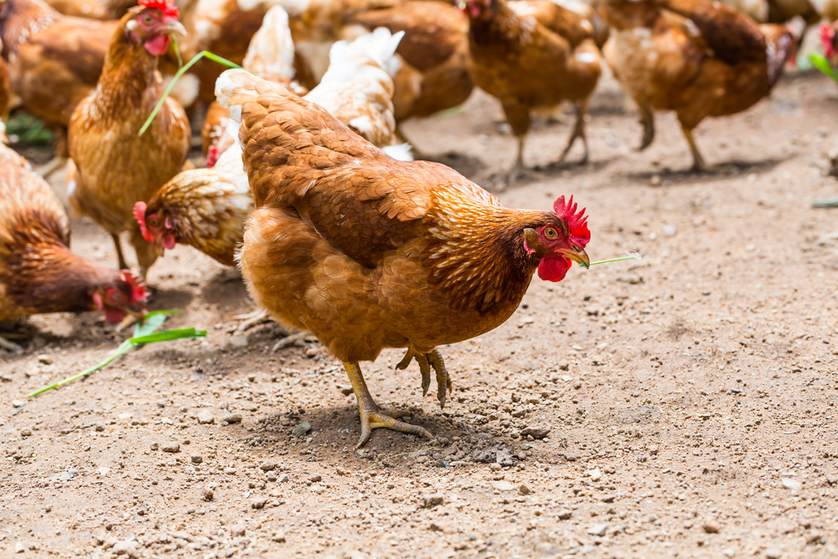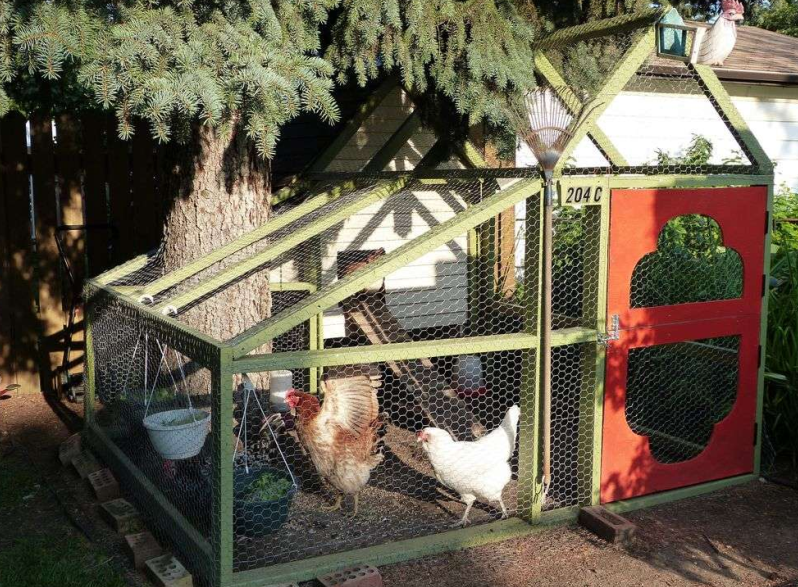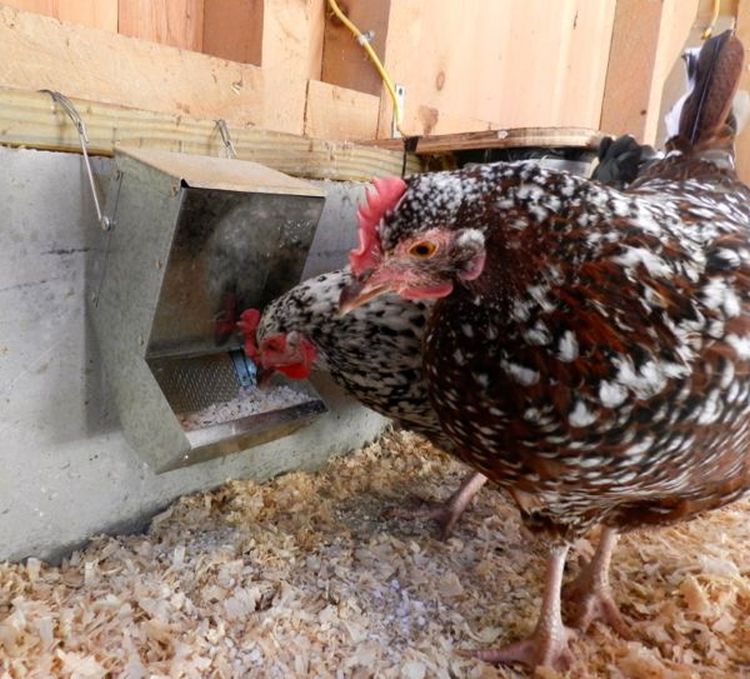
If you are someone that has a farm with chickens that carry eggs you should make sure to take care of the following issues so that your eggs would be healthy to eat.
The debate between the free ranged chicken and caged chicken is still very much being talked about, with more than 500 million eggs being recalled lately.

Still, the majority of people that are in the egg industry think that having the chickens grow up in cages is better for the quality of the eggs. A leading USA trade group of the egg industry has released a statement that keeping hens in cages makes food quality better.
On the other hand, the representatives of the industry in the UK have a very different opinion. Through 9 separate studies that were done in the said country, all of them showed results of caged eggs having salmonella more often. The studies made such an impact that since 2012 it is not legal to keep chickens in cages.
Although the studies that have been done in the US show different results, their stance is losing support. For example, in 2015, the governor of California, Arnold Schwarzenegger agreed to make caging of chickens illegally. Also, a lot of stores, like Safeway, Burger King, Subway, Wendy’s and Walmart have made commitments not to sell as many eggs that come from caged eggs as before.

Do you need to worry about your backyard hens carrying salmonella eggs?
It is important to take certain precautions in order to keep your family’s health intact.
Since the way salmonella is transferred through contact of fecal matter of birds or other animals that are infected with salmonella it is important to pay attention to who your hens have contact with. Keep away from having too many visitors in the area where you keep your chickens so that you keep their chances of getting infected as low as possible. If you do have visitors make sure their shoes are clean and limit the contact with the chickens.
A bit contributor to spreading salmonella are rodents like mice and rats. The food for your chicken needs to be kept in a safe place and sealed away so that animals can’t get in.

Clean the coop area frequently and make sure they get fresh air. Always remove the litter and the manure from the coops. Make sure the water they drink is clean as well. When using equipment make sure you disinfect it and take proper care of it.
An important of having healthy hens is to get all of them vaccinated. A problem people with smaller flocks encounter is that vaccines are usually sold in bulks that are too big for them.
Bud Wood, who works at Murray McMurray Hatchery said some things on this topic. “To be fully covered for salmonella, the birds need to be vaccinated multiple times. We could vaccinate them once here at the hatchery, but the customer would need to vaccinate them again twice more. The biggest problem is we can only get the vaccine in 5,000- or 10,000-dose units, and it needs to be used within hours of opening.”
So to make this more successful the industry needs to make sure farmers can get a hold on the vaccines in smaller numbers.
Egg hygiene – The author of the book Guide to Raising Chickens, Gail Damerow has said that one of the most important ways of keeping your eggs healthy and safe is to keep the nest clean and neat, also as soon as you collect the eggs they should be saved in a clean place that is 45 degrees F.

















